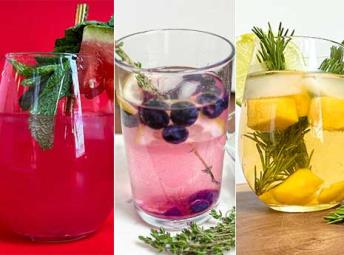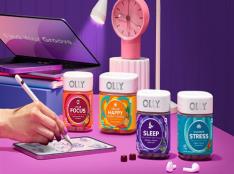8. Blackstrap Molasses
If you were alive in the 1880s, then congratulations! Not only are you at least 132 years old, but you remember when blackstrap molasses was the No. 1 sweetener in the United States. This natural sweetener is sugar, too, but, like most things in the olden days, it was better for you. This viscous syrup contains vitamin B6, manganese, calcium, copper and selenium. And just one tablespoon of molasses has about four times the iron as a 3-ounce white chicken breast, according to the American Diatetic Association's Complete Food & Nutrition Guide. Check out the other antioxidant-rich sugars, including maple syrup, and more.
More: The Diet Detective: Your Guide to Antioxidants
9. Organic Brown Rice Syrup
With a name like that, you've got to deserve your health halo, right? Not according to a recent Dartmouth College study published in Environmental Health Perspectives. Brown rice sugar is shilled to the natural food market as a "healthier" alternative to high fructose corn syrup. Not only is it still sugar, but it may also be contaminated with arsenic. The study found high levels of arsenic, which is linked to cancer and chronic diseases, in processed foods sweetened with organic brown rice syrup. We're talking energy bars, cereal bars and even baby formula.
More: Healthy Eating: Red Quinoa Pilaf Recipe
10. ...and so many more
Barley malt, golden syrup, diastatic malt, diastase, treacle, panocha, sorghum syrup—we couldn't get to all of you, but that doesn't mean you're not lurking in our processed foods, too.
Besides scouring ingredients lists, the key to monitoring your sugar is determining just how much each serving contains. How? Check the nutrition label for total grams of sugar, and divide that by four (each teaspoon of sugar is equal to 4 grams.) That's how many teaspoons of sugar are really in your cookie, your ketchup and your no-sugar-added fruit juice.
More: Carbs: Quick, Slow or Confusing?
 Eat right and perform better. Find a nutrition plan for you.
Eat right and perform better. Find a nutrition plan for you.
- 3
- of
- 3







Discuss This Article